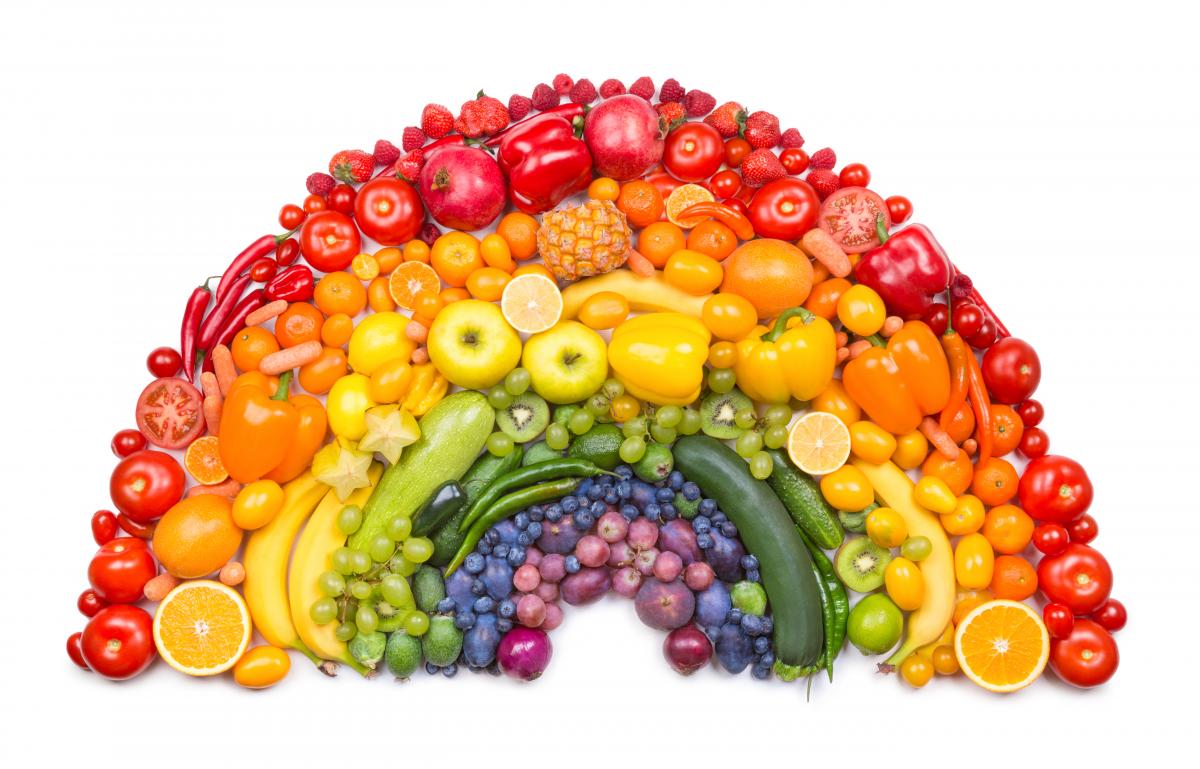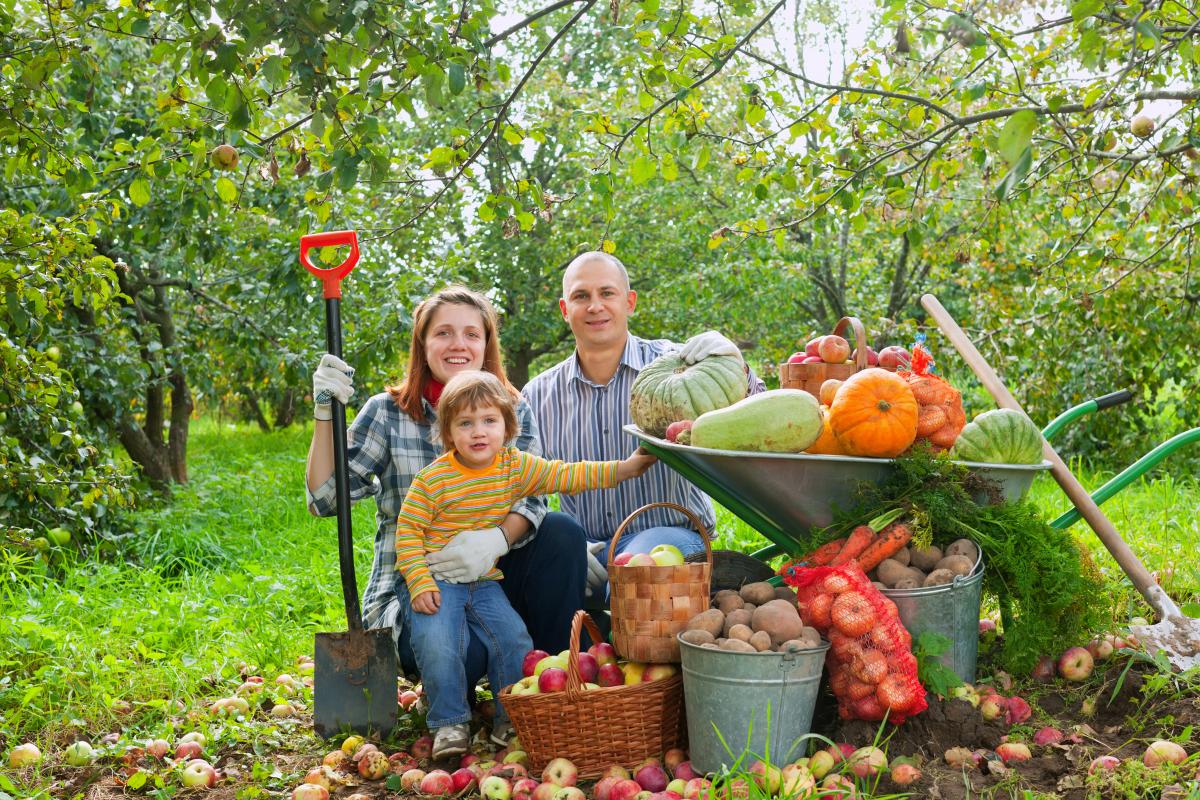Registered dietitian Sandra Hood outlines the benefits of veganism for children and provides child-friendly recipes in honour of National Children’s Day this Sunday.
This Sunday is National Children’s Day, a day that celebrates ‘mindful, heartful childhood’. What more appropriate time is there to cover vegan diets and children: a compassionate diet that promotes heart health both physically and mentally is key for our children to grow up not just well, but happy.
For many years I’ve been answering nutrition queries at various animal rights events, and in recent times I have been heartened to see that parents are now no longer questioning whether a vegan diet is suitable for children. Instead they are eagerly asking for ideas for suitable child-friendly vegan recipes. Parents are becoming more and more confident that a vegan diet can give a child the best start in life, and rightly so.
"Few people realise that the meat and particularly the dairy industry used to be the main provider of early nutrition information used by dietitians and nutrition students."

Parents seem especially keen to make sure our vegan children are getting all the right kinds of food: a diet including a rainbow of colours. In a society where junk food is ever prevalent – and ever devoid of nutrition – it is refreshing to know that they’re being given the best start in life. Providing your child with a vegan diet gives you the opportunity not just to plan well-thought out and nutritionally balanced meals, but to talk through where food comes from with your child. This gives a child a well-rounded understanding of the food they eat, an appreciation of environmental issues and a sense of the world around them.
As vegans, we have known for years that good nutrition, particularly during childhood, is fundamental to prevent disease in later life. At long last there is now official recognition of the links between diet and disease, which highlights the benefits of plant based diets. Nevertheless, society is still struggling to forgo those traditional foods, dairy and meat.
"My experience is that vegan parents provide their children with a wider variety of foods than their omnivore peers."
Few people realise that the meat and particularly the dairy industry used to be the main provider of early nutrition information used by dietitians and nutrition students. Not surprisingly, it was believed that milk was the main source of calcium. Considering cows receive all their calcium from plants, it’s amusing to think of how we were made to believe that it’s normal to bypass calcium’s main provider.
Thankfully, times have changed. In March this year Public Health England produced a new Eatwell Guide to encourage the general public to eat a healthy diet. It opens by stressing that ‘most people do not eat enough fruits and vegetables’: an important point, considering it is vegans who regularly eat enough (e.g. over seven portions) a day.
The Eatwell Guide has also reduced its dairy section, with non-dairy milk now included in its recommendations. Meat, fish and chicken used to be listed as the main protein foods: these have now been pushed down the list, while beans and pulses take pride of place. We are getting there!

I’ll soon be celebrating 40 years of being vegan. Earlier this week I was looking through some old vegan papers and books I had kept over the years: books from my dear friends Eva Batt, who wrote the first ever vegan cook book, and Arthur Ling, founder of the first ever British soya milk. What really fascinated me was a little booklet written in 1951 at the cost of one shilling entitled Aids to a Vegan Diet for Children written by Kathleen Mayo. In keeping with these times Kathleen wrote:
“A mother intending to bring up her family in the vegan way need not be a good cook, but may require a great deal of patience to make varied salad dishes tempting to tiny tots and growing children. A garden in which one’s own fruits and vegetables can be correctly grown is of course a great boon.”
She then went on to advise:
“At 1.40pm during summer months, give baby 15 minutes’ sun-bath lying naked in the pram when the sun is shining. Sunshine is just as important as food, and every day a nude sunbath should be given, starting at four months. At first, three minutes is enough, then increase by one minute each week. This will insure adequate intake of Vitamin D. If there is very little sunshine available, use a sun-ray lamp; alternatively, put five drops of Radiostol in the raisin juice* at 9.30am.”
How fascinating, and how times have moved on! These days many parents are understandably anxious about skin cancer so do not let their children out in the sunshine without adequate sunscreen protection. Vitamin D is as important as calcium for maintaining bone health and, because it occurs naturally in very few foods, we need to responsibly expose our skin to the ultraviolet rays from sunlight. However, it only needs to be up to 10 minutes of sun between 10am-2pm.
 There are few foods that naturally contain Vitamin D: fatty fish, eggs from chickens that have been fed vitamin D and mushrooms treated with ultraviolet rays, hence why Vitamin D deficiency is common in all adults in the UK. However, there are lots of foods fortified with this vitamin, such as vegan margarine and plant milk. Many breakfast cereals are but, unless it specifies Vitamin D2 or Vitashine (the only Vitamin D3 not made from sheep’s wool), it is unfortunately not vegan.
There are few foods that naturally contain Vitamin D: fatty fish, eggs from chickens that have been fed vitamin D and mushrooms treated with ultraviolet rays, hence why Vitamin D deficiency is common in all adults in the UK. However, there are lots of foods fortified with this vitamin, such as vegan margarine and plant milk. Many breakfast cereals are but, unless it specifies Vitamin D2 or Vitashine (the only Vitamin D3 not made from sheep’s wool), it is unfortunately not vegan.
If you are concerned that your child is not getting enough vitamin D (and this goes for non-vegan parents too) then we would recommend a Vitamin D supplement. For children up to 5 years of age vitamin drops containing vitamin A, C and D are available from your chemist. Half a tablet of VEG1 can be given to children between the ages of 2-12, which contains Vitamin D as well as your Vitamin B12 requirements. All vegans need to ensure a regular, reliable source of vitamin B12, through fortified foods such as B12-fortified nutritional yeast, plant milk, etc., or supplements.
Finally, it’s important to note that vegan parents are doing such a brilliant job these days. By example we can show our non-vegan friends how fabulous the vegan diet is for bringing up healthy and mindful children. While some may still believe that our diet is exclusive, my experience is that vegan parents provide their children with a wider variety of foods than their omnivore peers. As Kathleen wrote back in 1951:
“Mothers may bring their children up on a vegan diet with every confidence … thus give her baby a wonderful start towards developing into a splendid child, both physically and mentally.”
Vegan recipes for children
Lots of people love to celebrate special occasions by baking with their children: I can quite easily understand why cupcakes are so popular with children and adults. Here is a recipe that you can enjoy and even feel quite virtuous about eating as it does not contain white flour, sugar or cream – instead they are full of goodness.
1) Mini chocolate cupcakes
Ingredients
1 ½ cups walnuts
8 pitted medjool dates
1/3 cup cocoa powder
½ teaspoon vanilla extract
Dessicated coconut and goji berries or cranberries to decorate
Method
Place the walnuts in a food processer until finely ground. Add the dates and process until the mixture sticks together. Remove from the processor and add the cocoa powder.
Spoon into small cupcake cases and press down. Sprinkle with coconut and top with goji berries or cranberries. Place in the fridge and chill for about 30 minutes before serving. Delicious.
Don’t have a food processor? Try this easy lemon cake recipe.
2) Potato cakes
Children can get their hands messy making these!
Ingredients
Cooked mashed potato
Fresh chopped parsley
Tofu or baked beans mashed or chopped nuts
Engevita yeast flakes or seaweed flakes (optional)
Method
Mix all together. Shape into cakes. Drop onto a greased/lined tin and pop under the grill until browned, turn over and repeat. Alternatively, shallow fry or cook in the oven. Nice served with homemade tomato sauce.
*PS Before I go, I must just tell you what this raisin juice was. Well, it is the juice taken from dried raisins that have been soaked in water – how did they survive on this!
 By Sandra Hood
By Sandra Hood
Sandra works full time as a dietitian for the NHS. She lives in Dorset with her animal companions. She loves cooking and reading and enjoys running and cycling.
Are you worried about raising your baby vegan? Read this blog which discusses how to deal with unwanted questions, while this PDF provides relevant information on vegan diets through pregnancy, infanthood and childhood.
The views expressed by our bloggers are not necessarily the views of The Vegan Society.


Comments
Trying to raise my children
Challenging school menus
Menu